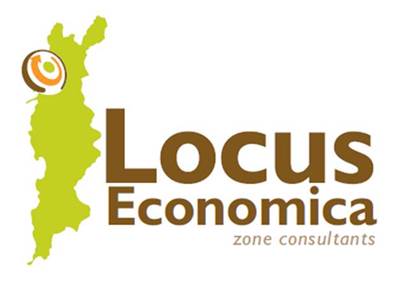Democratic Republic of Congo
The Democratic Republic of Congo (DRC) has an estimated $24 trillion worth of natural resources, 80 million hectares (197 million acres) of arable land, and over 1,100 minerals and precious metals identified. Increasingly, the government has signaled a commitment to foster sound economic governance and attract foreign direct investment (FDI) to convert its natural resources into sustainable and shared prosperity. Despite low global commodity prices and continuing political uncertainty, DRC’s overall economic forecast for the medium-term remains largely positive despite.
Many efforts have been done in the DRC to open its business environment to foreign investors. Although most of its FDI is governed by the 2002 Investment Code, there is legislation pending in Parliament to address consumer protection, e-commerce, liberalization of prices, competition regulation, account auditing, agriculture regulation, trade courts, entrepreneurship, and free trade areas. Other efforts have been done to improve DRC’s ranking in the World Bank’s Doing Business indicators, such as the creation of the Steering Committee for the Improvement of the Business and Investment Climate (CPCAI), which eliminated 46 of 117 taxes applied to cross-border trade; created le “Guichet Unique,” a one-stop shop in Kinshasa to simplify business creation; cut processing time from five months to three days; and reduced incorporation fees from $3,000 to $120.
Locus Economica has been a close partner to the DRC in its development of Special Economic Zones legislation, as can be seen below. The DRC inaugurated the 190 ha Maluku SEZ 70km east of Kinshasa, which is expected to generate 3,500 jobs, by Presidential Decree in 2012, and appointed Strategos as developer in January 2019. In February 2019, the DRC’s SEZ Agency also designated a second SEZ in Lualaba.





